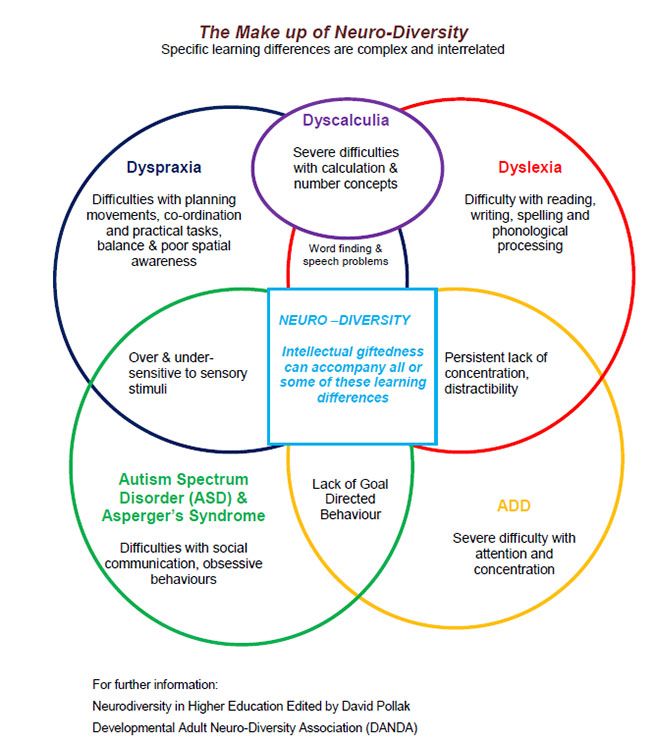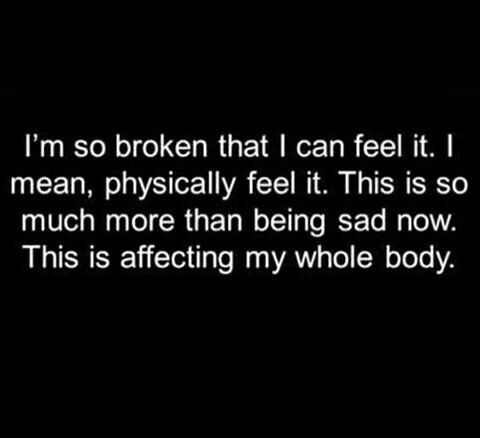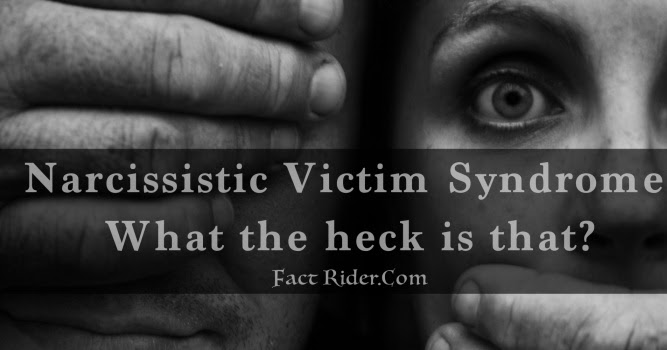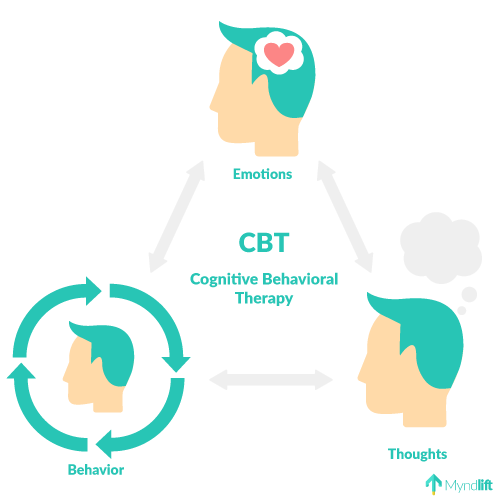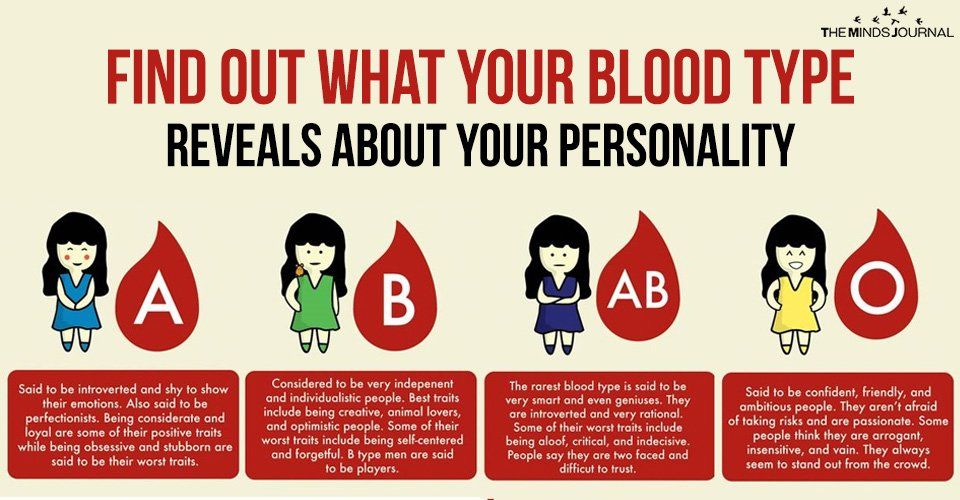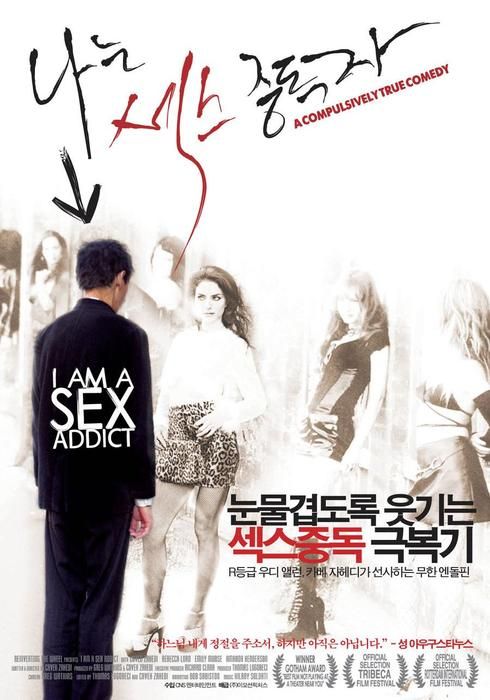Autism and how it affects the family
Stress - Autism Society.
Stress – something parents in general are all too familiar with. There is the physical stress from carpools, preparing meals, bathing, homework, shopping, and so on. This is compounded by such psychological stressors as parent-child conflicts, not having enough time to complete responsibilities and concern regarding a child’s well-being. When a family has a child on the autism spectrum, unique stressors are added.
An individual with autism may not express their basic wants or needs in the manner we would expect. Therefore, parents are left playing a guessing game. Is the child crying because he/she is thirsty, hungry, or sick? When parents cannot determine their child’s needs, both parties are left feeling frustrated. The child’s frustration can lead to aggressive or self-injurious behaviors that threaten his/her safety and the safety of other family members (e.g., siblings). Stereotypic and compulsive behaviors concern parents since they appear peculiar and interfere with functioning and learning.
If a child has deficits in social skills, such as the lack of appropriate play, stress may be increased for the family. Individuals lacking appropriate leisure skills often require constant structure, not a feasible task in the home environment.
Finally, many families struggle with the additional challenges of getting their child to sleep through the night or eat a wider variety of foods. All of these issues and behaviors are physically exhausting and emotionally draining for families. For families of children on the autism spectrum, these can be a particularly difficult challenge. Scheduled dinnertimes may not be successful due to the child’s inability to sit appropriately for extended periods. Bedtime routines can be interrupted by difficulties sleeping. Maladaptive behaviors may prevent families from attending events together – for example, Mom might have to stay home while Dad takes the sibling to his/her soccer game. Not being able to do things as a family can impact the marital relationship.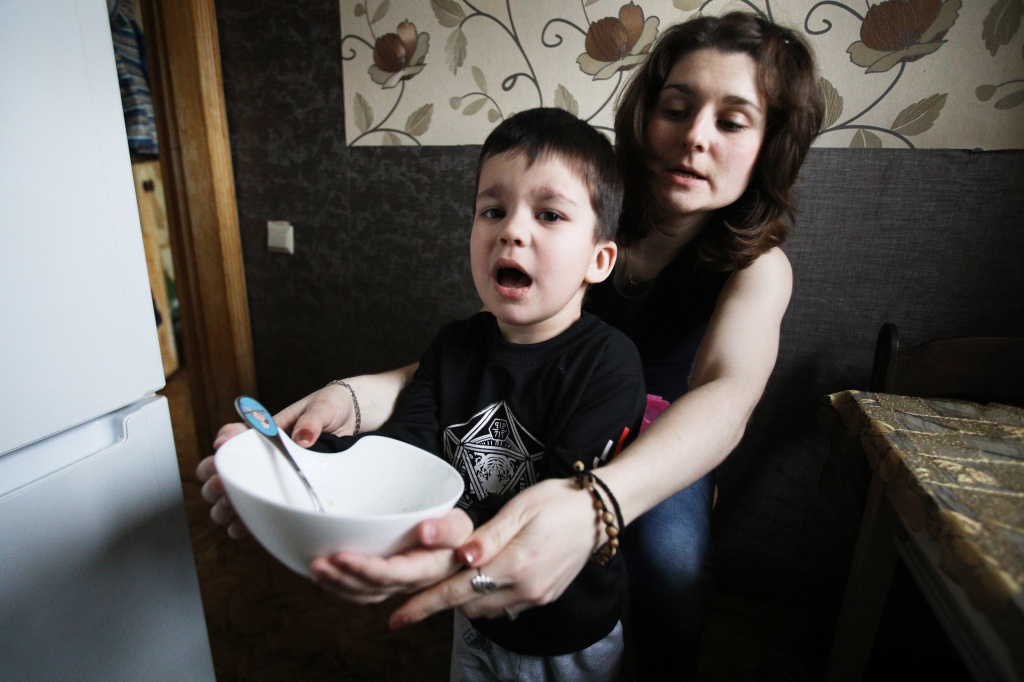 In addition, spouses often cannot spend time alone due to their extreme parenting demands and a lack of qualified staff to watch a child with autism in their absence.
In addition, spouses often cannot spend time alone due to their extreme parenting demands and a lack of qualified staff to watch a child with autism in their absence.
Taking an individual with autism out into the community can be a source of stress for parents. People may stare, make comments or fail to understand any mishaps or behaviors that may occur. For example, individuals with autism have been seen taking a stranger’s food right off his/her plate. As a result of these potential experiences, families often feel uncomfortable taking their child to the homes of friends or relatives. This makes holidays an especially difficult time for these families. Feeling like they cannot socialize or relate to others, parents of children on the autism spectrum may experience a sense of isolation from their friends, relatives and community.
For information on how to deal with stress, read Stress: Take a Load Off.
Siblings - Autism Society.
Raising a child with autism places some extraordinary demands on parents as individuals and on the family as a whole.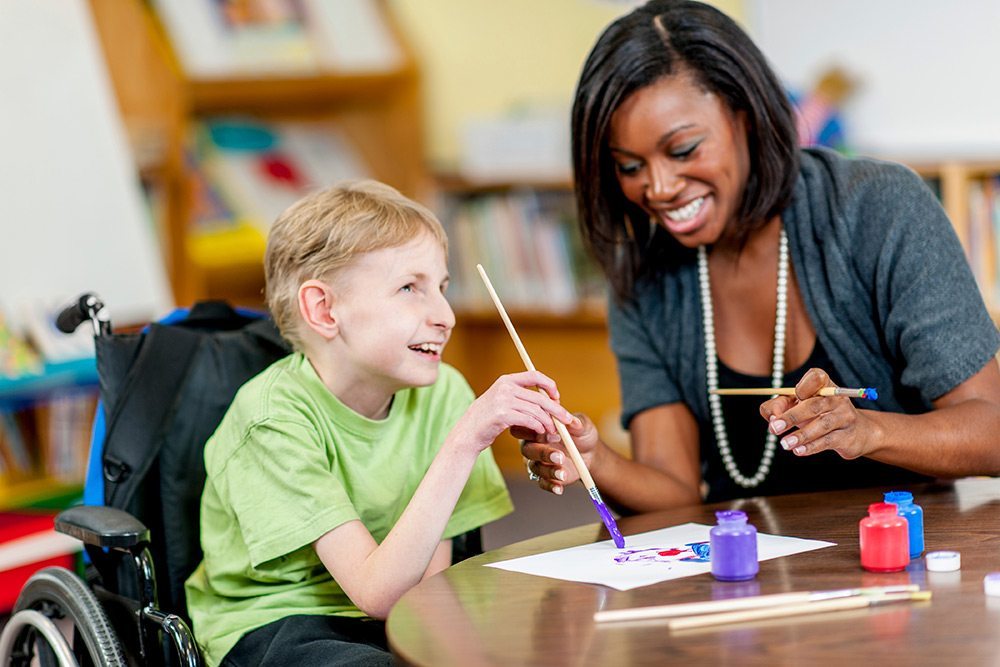 Prime among these demands is the lack of enough hours in the day to do all one wishes. Specifically, the time involved in meeting the needs of a family member with autism may leave parents with little time for their other children.
Prime among these demands is the lack of enough hours in the day to do all one wishes. Specifically, the time involved in meeting the needs of a family member with autism may leave parents with little time for their other children.
Many parents feel that even as they do all they can for their child with autism, they are always struggling with how best to respond to the needs of the family as a whole. They say that although their own life as an individual may be put “on hold” and a couple may share an understanding of the need to make sacrifices on behalf of their child with autism, few parents are willing to make that same demand of other children in the family. As a result, there is a continual tension between the needs of the child with autism and those of the other children.
This section offers suggestions to parents about ways to help the other children in the family cope gracefully and effectively with the experience of having a brother or sister with autism. Research indicates that the majority of brothers and sisters of children with autism cope well with their experiences. That does not mean, however, that they do not encounter special challenges in learning how to deal with a sibling who has autism or a related disorder.
That does not mean, however, that they do not encounter special challenges in learning how to deal with a sibling who has autism or a related disorder.
There are special demands on these siblings, and learning to manage these demands will make their childhood easier and will teach them skills that will make them more effective and resilient adults. The most important teachers of these coping skills are a child’s mother and father. The gifts you give to your youngsters in childhood will serve them immediately and in all the years ahead. Parents: Click here for important information and practical suggestions for helping and supporting siblings.
Sources of Stress for Siblings
Not all siblings will experience these stressful issues, but here are some to be aware of:
- Embarrassment around peers; jealousy regarding amount of time parents spend with their brother/sister
- Frustration over not being able to engage or get a response from their brother/sister
- Being the target of aggressive behaviors
- Trying to make up for the deficits of their brother/sister
- Concern regarding their parents’ stress and grief
- Concern over their role in future caregiving
Many of the suggestions provided below are things parents can do within the family to help a child understand what autism is all about, to improve interactions among the children in the family, and to ensure brothers and sisters grow up feeling they have benefited from the love and attention we all need.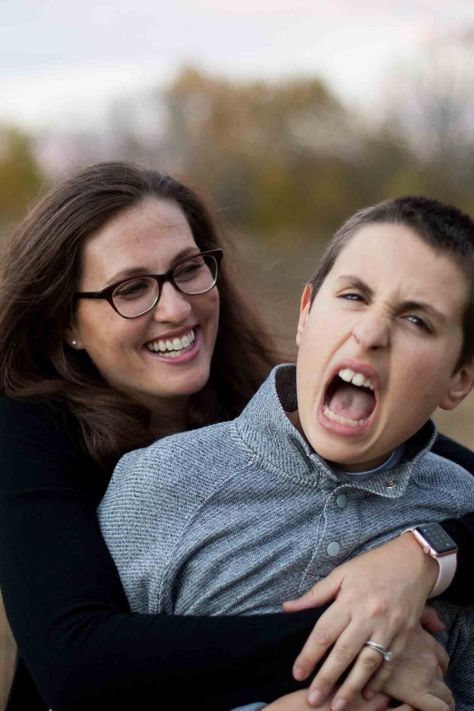
Explaining Autism to Children
Common sense tells us and research supports the idea that children need to understand what autism is all about. The rule of thumb: Do it early and do it often! It is important that your children know about autism and that the information you give them is appropriate for their developmental age. From early childhood, they need explanations that help them understand the behaviors that are of concern to them. For the preschool-age child this may be as simple as “Rick doesn’t know how to talk,” while for the adolescent, it may involve a conversation about the possible genetics of autism.
The key is to remember to adjust your information to your child’s age and understanding. For example, very young children are mostly concerned about unusual behaviors that may frighten or puzzle them. An older child will have concerns of a more interpersonal nature, such as how to explain autism to his/her friends. For the adolescent, these concerns may shift to the long-range needs of their sibling with autism and the role they will play in future care. Every age has its needs, and your task is to listen carefully to your child’s immediate concerns.
Every age has its needs, and your task is to listen carefully to your child’s immediate concerns.
Another key to success is to remember that children need to be told about autism again and again as they grow up. Young children may use the words they hear us use, but not understand the full meaning of those words until they are much older. Don’t be misled by a young child’s vocabulary of words like “autism” or “discrete trial.” That does not mean the terms have real meaning for him/her. Just as you would not expect an early conversation about the obvious physical differences between boys and girls to constitute a sufficient sex education for children 5 or 10 years later, similarly, you must explain again and again, in increasingly mature terms, what autism is all about.
The Autism Society offers practical, age-appropriate information on teaching children and teens to make friends with their classmates on the autism spectrum.
Helping Your Children Form a Relationship
Because of the nature of autism, it is usually difficult for a young child to form a satisfying relationship with a brother or sister who has the disorder.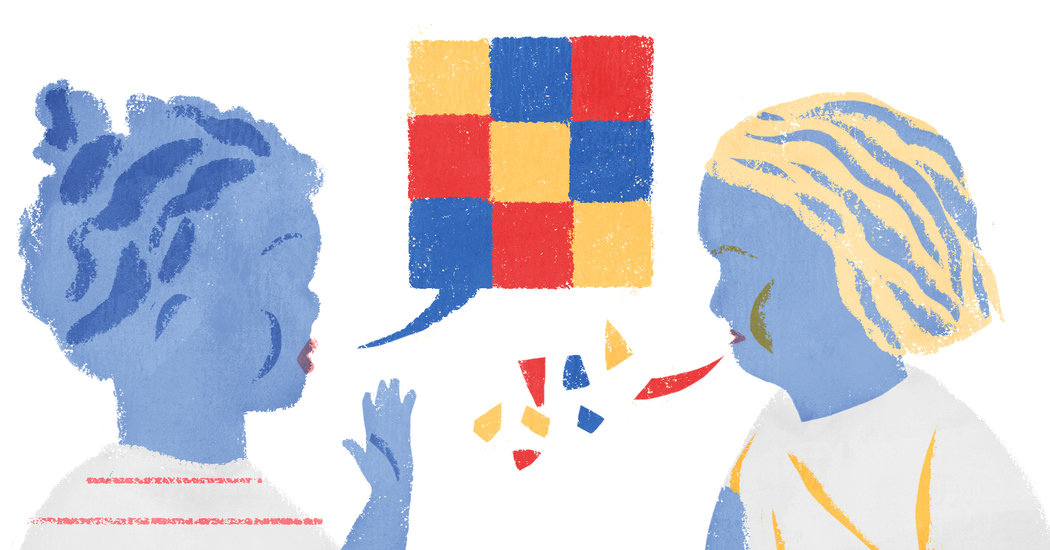 For example, your child’s attempts to play with his/her brother are probably rebuffed by his ignoring her, fall flat because of his lack of play skills, or end abruptly because his tantrums are frightening. How many of us would keep trying to form a friendship with someone who turned her back when we spoke to her or, even worse, seemed angry when we approached? It is not surprising that young children may become discouraged by the reactions they encounter and seek playmates elsewhere.
For example, your child’s attempts to play with his/her brother are probably rebuffed by his ignoring her, fall flat because of his lack of play skills, or end abruptly because his tantrums are frightening. How many of us would keep trying to form a friendship with someone who turned her back when we spoke to her or, even worse, seemed angry when we approached? It is not surprising that young children may become discouraged by the reactions they encounter and seek playmates elsewhere.
The good news is that young children can be taught simple skills that will enable them to engage their brother or sister in playful interactions. Research has shown that siblings can learn basic teaching strategies to engage their brother or sister with autism. These skills include things like making sure they have their brother’s attention, giving simple instructions, and praising good play. One research study showed that videotapes made before and after the children learned these skills showed in a very touching manner that, after training, they played together more and seemed much happier than they had been prior to training.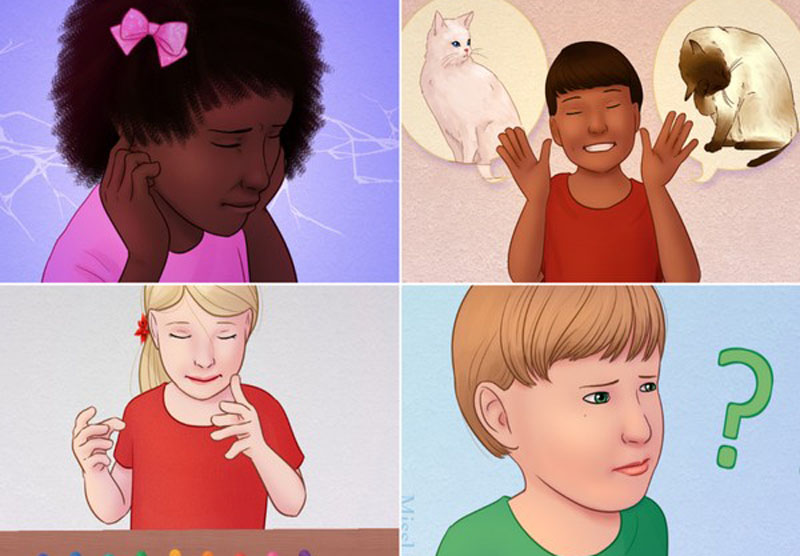
Special Times
Along with ensuring the child with autism is a fully integrated member of the family, it is important to remember that other children in a family need their times to be special. Families are often urged to find some regular, separate time for the children in their family who do not have autism. It may be one evening a week, a Saturday morning, or even a few minutes at bedtime each night. If your child with autism has a home-based program or exhibits serious management problems, you may have neither the stamina nor the energy to give your other child exactly the same amount of attention. It is not necessary that everything in childhood be exactly the same. What is important is the opportunity to feel special to your parents and to feel an overall atmosphere of equity in your home.
Not Everything as a Family
There are activities that should be shared by the entire family and those that should not. Along with having regularly scheduled special times for each child, it is also important to remember that there will be some events when one child in the family deserves to be the focus of everyone’s attention. Children have told us that it is sometimes frustrating to have to do everything with their brother or sister with autism. In fact, there may be times when it may not be fair to insist that he or she be included. For example, if your child with autism cannot sit still for a school play, then it may be better if he or she stays home while your other child performs.
Children have told us that it is sometimes frustrating to have to do everything with their brother or sister with autism. In fact, there may be times when it may not be fair to insist that he or she be included. For example, if your child with autism cannot sit still for a school play, then it may be better if he or she stays home while your other child performs.
Adult Siblings
Being the brother or sister of a person with autism does not end with childhood. This is a lifetime relationship that matures and grows over the years. The concerns of an adult sibling will be different from those of children. For the young adult, questions may focus on his/her own plans to have children and be concerned about whether there is a genetic component of their sibling’s autism. In some cases, young adults may also feel a keen sense of responsibility for their brother or sister with autism that makes it difficult for them to leave home and begin an independent life.
It is important that parents discuss with their adult children the expectations they have in caring for the person with autism, as well as reassuring them about the legitimacy of assuming their own role as adults.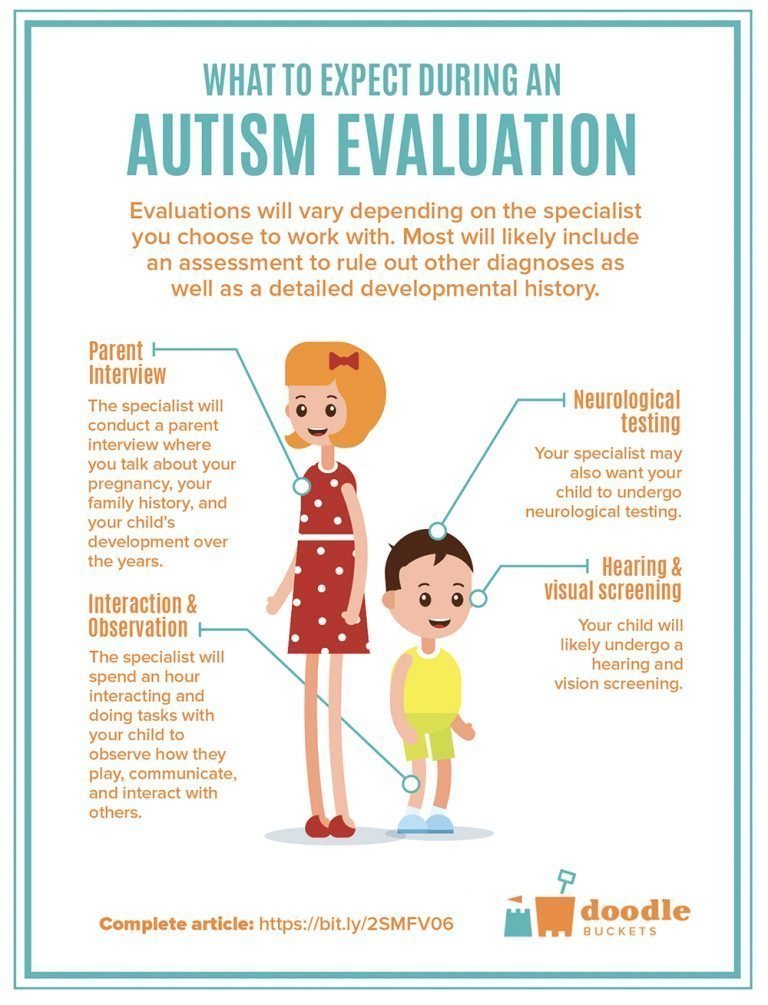
The questions of the role of the adult child become most acute as parents age and begin to anticipate the point when they will no longer be able to continue to care for their child with autism. If the person with autism is not already living outside of the home, this may be a time when placement in a group home or supervised apartment becomes important. In families where such care is necessary, adult children and parents must together address the question of who will assume guardianship of the person with autism when the parents die.
It is not easy for any of us to talk about our own death, and both you and your child may shy away from the conversation. Nonetheless, your adult children need to understand the financial plans you have made, the care arrangements in place, and your own expectations for them. Having these difficult conversations will ultimately be a gift to your adult children who will knowthey can honor your wishes.
Most Siblings Cope Very Well
While growing up as the sibling of someone with autism can certainly be trying, most siblings cope very well. It is important to remember that while having a sibling with autism or any other disability is a challenge to a child, it is not an insurmountable obstacle. Most children handle the challenge effectively, and many of them respond with love, grace and humor far beyond their years.
It is important to remember that while having a sibling with autism or any other disability is a challenge to a child, it is not an insurmountable obstacle. Most children handle the challenge effectively, and many of them respond with love, grace and humor far beyond their years.
The previous section was provided by Sandra Harris, Ph.D., professor emerita at the Graduate School of Applied and Professional Psychology and executive director of the Douglass Developmental Disabilities Center at Rutgers University.
"Life with Autism": an educational program that is never superfluous
- Anna Cook
- for bbcrussian.com
Subscribe to our newsletter: it will help you understand the events.”
Image caption,Card of a person with autism
"Do you know that many of us seriously believe that autism can be transmitted from person to person, like the flu virus?" - a journalist colleague from Moscow stunned me.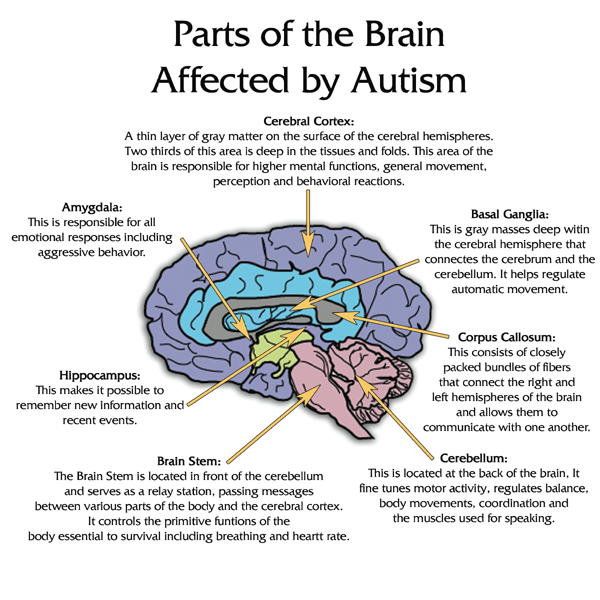
"Parents don't let kids get close to 'special' kids so they don't get infected," she continues, and I can't believe my ears.
In my ranking of the most ridiculous prejudices about autism, this one - about its "contagiousness" - is perhaps the absolute leader.
In second place is the fact that a child with autism "works off karma" for bad deeds in a past life or for the sins of their parents.
In third place are statements that there is no autism at all, it's just a fashionable diagnosis with which unfortunate parents reward their "pedagogically neglected" children.
All these myths are so ridiculous that they are not even offensive. But it is bitter and insulting if children with autism and their parents are really shunned somewhere, like lepers.
I would like to believe that the Autism Awareness Day, which is held every year on April 2, will slowly but surely change this situation, and gradually it will become fixed on a subconscious level in people that it is unacceptable to reject and even more so insult "special" children and adults , unworthy, wild.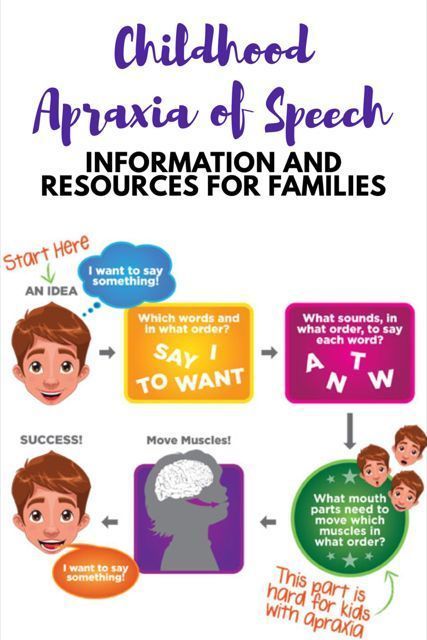
Parents of children with autism often carry business cards with them, handing them out on occasion (and not just on April 2) to passers-by who notice or make a remark about the "strange" behavior of the child.
These cards usually say:
- My child has autism
- Autism is a developmental disorder that affects a child's ability to communicate and communicate
- People with autism may experience increased anxiety in unfamiliar situations and misinterpret what is said to them words or what is happening around
- You can help if you show patience and understanding
Apparently, on the back of the card you can also add: "Autism is not contagious."
A child with autism can be born in any family, regardless of the status, material income, origin, religion and race of the parents.
Autism is not a disease and cannot be "cured", but with the right support and treatment, the quality of life of a person with autism can be greatly improved.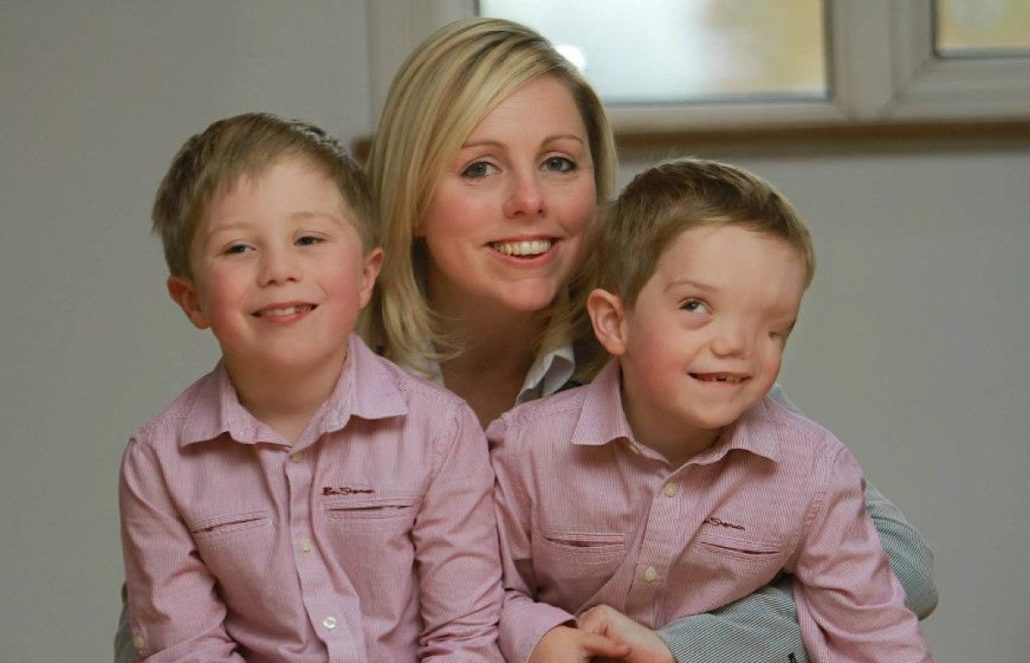
- How a boy with autism became a professor
- Interview: people with autism see the world differently
Friendliness and a good example
Skip the Podcast and continue reading.
Podcast
What was that?
We quickly, simply and clearly explain what happened, why it's important and what's next.
episodes
The End of the Story Podcast
I have noticed that often people who know about my daughter's autism and sincerely try to somehow help, support, start a conversation, feel embarrassed because they do not know how best to do it.
One of my friends asked me straight out how to communicate with a child with autism?
There is only one rule, and it is very simple - treat the child with respect and friendliness.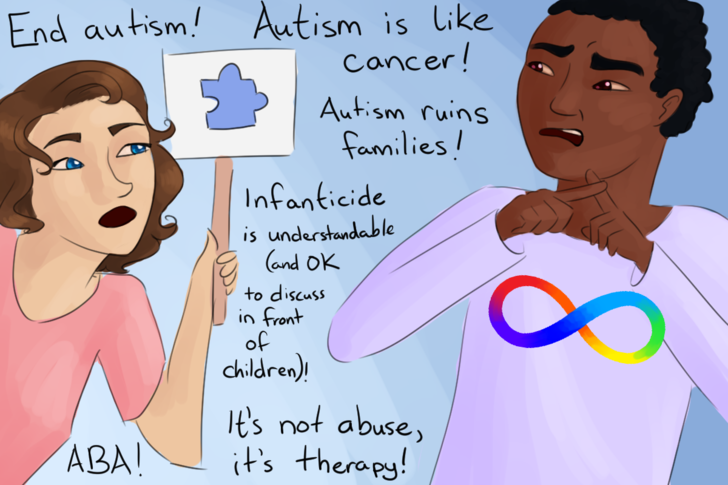
If, for example, you meet people you know and their child with autism on the street, say hello to him in the same way as to his parents. Even if he did not answer anything and did not seem to notice you at all, most likely he perfectly heard your greeting, but is not yet ready to respond to it.
Please continue to greet the child of your acquaintances in a friendly way every time you meet, you have no idea how much this simple gesture of attention will mean to his parents, and one day the “silent one” himself will surprise you with a return greeting.
This happened to my daughter Lisa, who is now eight years old. Two years ago, she did not react in any way to a greeting addressed to her, and sometimes even began to wave her hands indignantly and stomp her feet at the "hello". Now she is the first to say "hello" to my friends and is very happy when they start a conversation with her.
You will pleasantly surprise your friends if you try to continue communication with their child.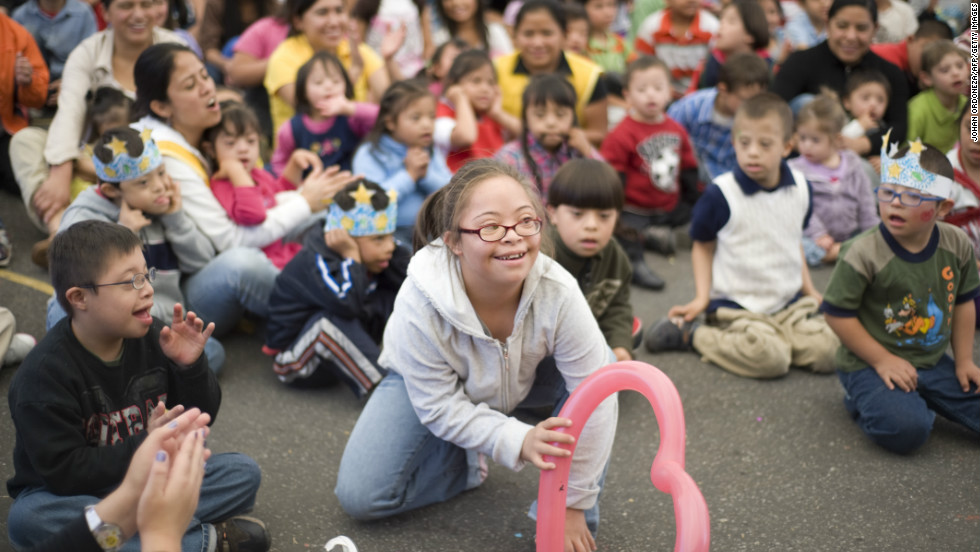 It is better not to ask questions, but to note, for example, how much you like his jacket, or hairstyle, or the toy that he holds in his hands. With a couple of friendly phrases, you will not only support your friends, show them that you are not afraid of communicating with their child, but on the contrary, you are interested in him, but in addition, you will show the child himself a communication model that he may later want to repeat.
It is better not to ask questions, but to note, for example, how much you like his jacket, or hairstyle, or the toy that he holds in his hands. With a couple of friendly phrases, you will not only support your friends, show them that you are not afraid of communicating with their child, but on the contrary, you are interested in him, but in addition, you will show the child himself a communication model that he may later want to repeat.
When a child is not seen as a person
Unfortunately, my personal experience is that a silent child with autism can be considered as a person and speak out about his characteristics without caring at all about what he really is everyone hears great.
Somehow, at one after school class, another Russian-speaking mother sat down with us, and, not at all embarrassed by the presence of my daughter, she began to find out if "it's not genetic" and was surprised (honestly!) that Lisa "isn't violent at all ". For Britain, this is a case, frankly, egregious. I then reacted not very friendly (more precisely, I immediately turned off the conversation), and then for six months we did not communicate with this lady.
For Britain, this is a case, frankly, egregious. I then reacted not very friendly (more precisely, I immediately turned off the conversation), and then for six months we did not communicate with this lady.
- "Life with autism": how to choose a gift for a "special" child
- "Life with autism": eight years, normal flight
again loudly share her impressions that Lisa seems to her to be much more "alive" than the child with autism of her acquaintances. I could not stand it and hissed: "Don't talk like that anymore, please, Lisa hears and understands you."
Another mother was sincerely upset and apologized, but I realized that many simply do not think about how their casual remarks can hurt a child.
It is unlikely that anyone is ready to say to the parents of a normotypical child, leading their son or daughter by the hand: "Oh, your heir has very crooked teeth," but they will not hesitate to say the same words in the presence of a child with special needs , thinking that he does not perceive anything, and parents are used to this style of communication.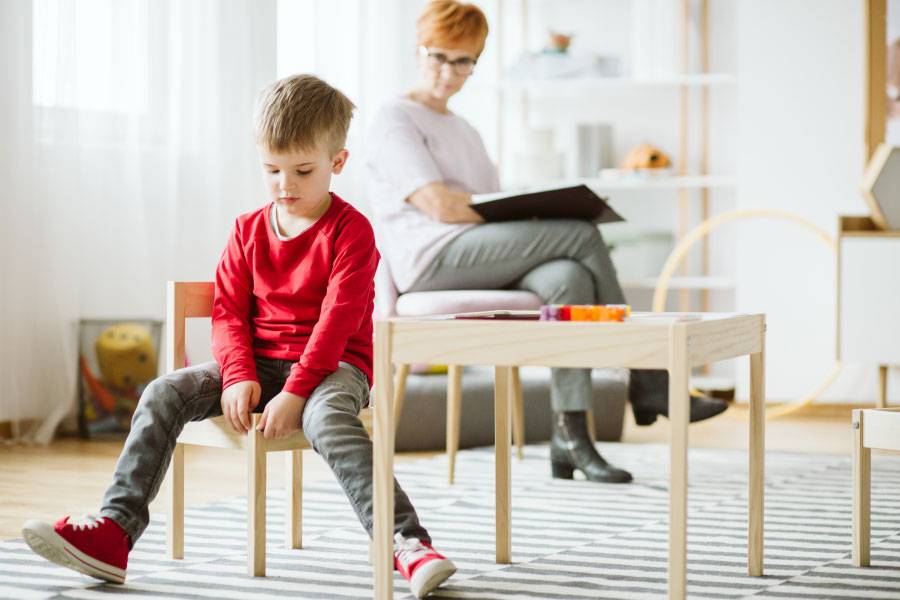
"Patience and tact"
So on Autism Awareness Day, you can also pay attention to this simple fact - a child with autism understands everything and hears everything, and speaking about him dismissively or pointing out his weaknesses, you inflict great trauma on the child.
He experiences everything he hears alone, deep in himself, not being able to share his feelings with his relatives due to his peculiarities. He just understands that something is wrong with him, and, apparently, it's a shame.
That’s why I don’t say the word “autism” in front of my daughter yet (as far as possible) until she grows up to the realization that “autism” is not something bad that she is to blame for associated with negativity and condemnation.
I think another year, and she will be ready for this conversation, and we will discuss with her how great she is, that she always strictly follows the schedule, and that she gets very upset if the schedule suddenly changes, and how difficult it is for her to communicate with other children, even when she really wants to, and how she tries to understand why her sister is crying, and you can’t laugh at it, and that all this was called “autism” in order to know how to help Lisa and children and adults like her .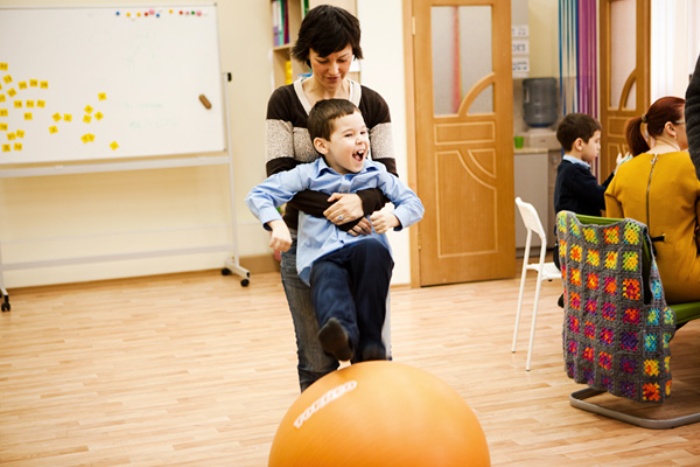
On April 2, people talk a lot about what autism is, how support for people with this diagnosis works in different countries, they always talk about brilliant scientists, musicians and actors with autism.
I would like to remember Lyudmila Prokofievna's words from Office Romance: "Patience and tact!" Please be patient with our children, respect them as individuals, respect their right to a decent life.
Show your children an example of respectful and understanding communication with their "special" peers.
Everyone will benefit from this, especially your children.
And no one gets autism, you'll see.
Anna Cook - journalist, vet in England since 2007. her oldest daughter eri was diagnosed with autism at the age of three .
Autism: what can parents do to help their child?
The first 2-3 years are especially difficult for a couple who have had their first child. Young mothers and fathers are still learning to be parents, and it is quite difficult to understand that the development of their child is different from others. It's even harder to accept that your baby may have a mental disorder. Childhood autism, or as it is now also called, autism spectrum disorders (ASD), today occurs in every 88th child. How to recognize the disease and what should parents pay attention to? These and other questions related to autism were answered by the Head of the Department of Psychiatry and Narcology, Doctor of Medical Sciences, Associate Professor Grechany Severin Vyacheslavovich.
Young mothers and fathers are still learning to be parents, and it is quite difficult to understand that the development of their child is different from others. It's even harder to accept that your baby may have a mental disorder. Childhood autism, or as it is now also called, autism spectrum disorders (ASD), today occurs in every 88th child. How to recognize the disease and what should parents pay attention to? These and other questions related to autism were answered by the Head of the Department of Psychiatry and Narcology, Doctor of Medical Sciences, Associate Professor Grechany Severin Vyacheslavovich.
What is autism? Is this disease born or is it an acquired condition in the environment in which the child grows up?
Childhood autism is a congenital disease. The fact of its occurrence cannot be the result of such external causes as, for example, the social or cultural level of the family. The decisive role is played by the biological factor that determines the birth of such a child.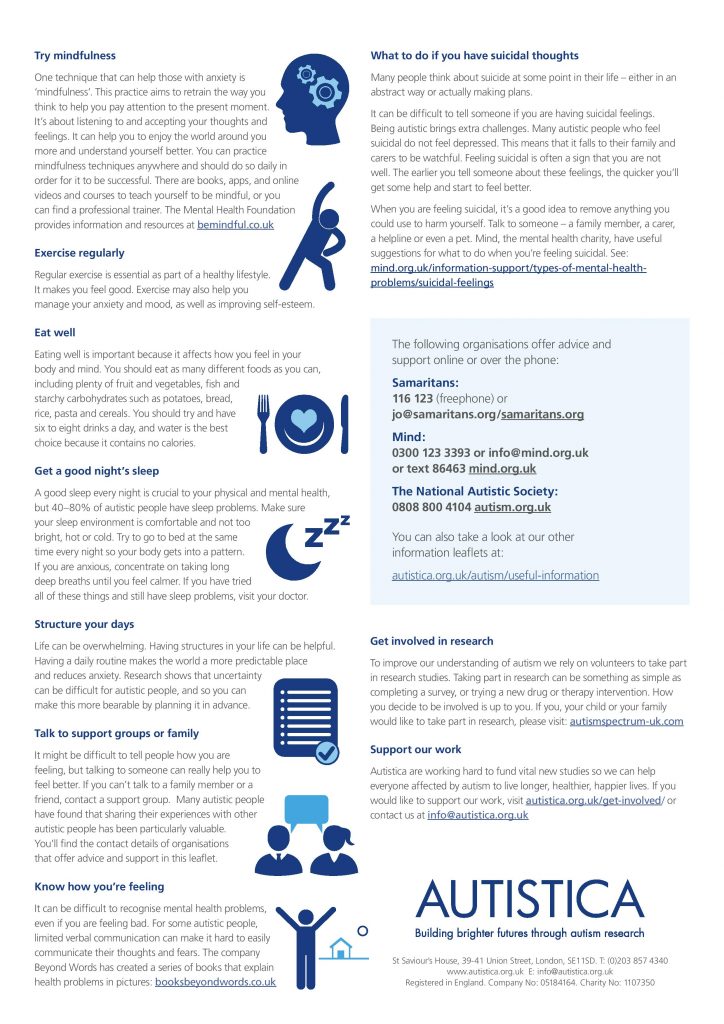 Of course, there are external circumstances that, ceteris paribus, provoke the appearance of symptoms of this disorder - a severe viral infection, in some cases even a sharp change in the family situation, for example, a sudden separation from the mother, hospitalization of the child in the hospital and more. Often an autistic child is the firstborn in the family, and parents do not yet know how the child should develop. Subsequently, they recall that they often thought about why their child did not develop like other children, but still they did not suspect serious deviations. Therefore, this day - April 2 - just calls for adults to take a closer look at the child in general and notice any anomalies in his development as early as possible. And whether this is autism or some other disease - this should be decided by the doctor.
Of course, there are external circumstances that, ceteris paribus, provoke the appearance of symptoms of this disorder - a severe viral infection, in some cases even a sharp change in the family situation, for example, a sudden separation from the mother, hospitalization of the child in the hospital and more. Often an autistic child is the firstborn in the family, and parents do not yet know how the child should develop. Subsequently, they recall that they often thought about why their child did not develop like other children, but still they did not suspect serious deviations. Therefore, this day - April 2 - just calls for adults to take a closer look at the child in general and notice any anomalies in his development as early as possible. And whether this is autism or some other disease - this should be decided by the doctor.
How can parents tell if their child has the condition?
Unfortunately, often parents do not immediately pay attention to the atypical, age-specific behavior of their child.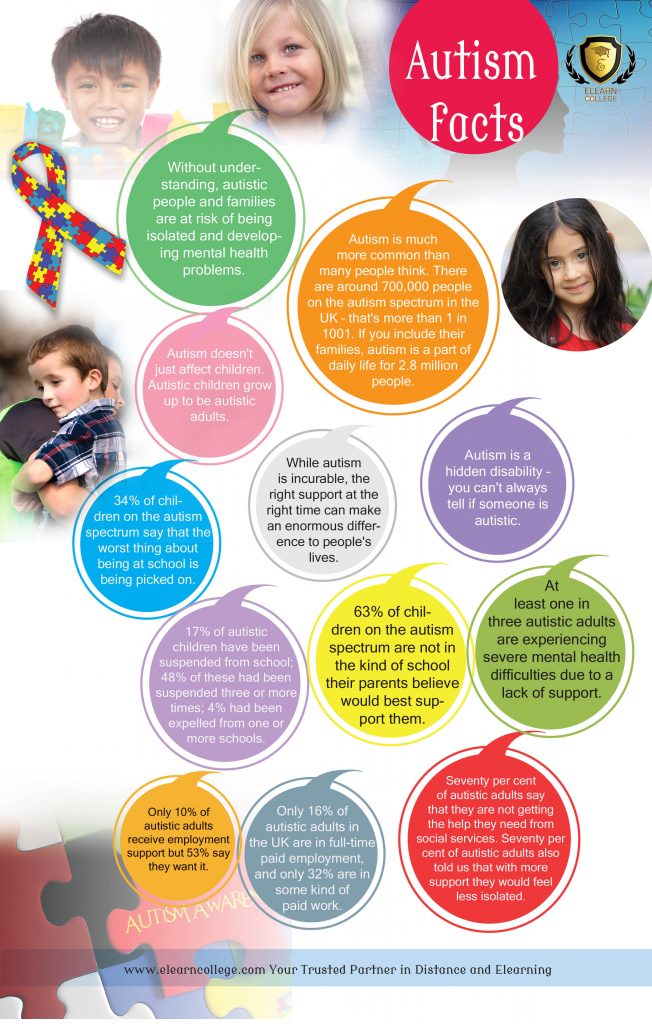 This circumstance gave rise to some myths that autism can occur with the wrong parenting approach or after some medical interventions, including preventive vaccinations. This cannot be believed, since childhood autism also goes through a latent phase in its development, when its symptoms are almost imperceptible, but this does not mean that it was not there from birth. However, you need to know the so-called "red flags of autism", with the manifestation of which it is worth contacting a specialist. These include:
This circumstance gave rise to some myths that autism can occur with the wrong parenting approach or after some medical interventions, including preventive vaccinations. This cannot be believed, since childhood autism also goes through a latent phase in its development, when its symptoms are almost imperceptible, but this does not mean that it was not there from birth. However, you need to know the so-called "red flags of autism", with the manifestation of which it is worth contacting a specialist. These include:
- child does not use pointing gesture,
- does not make eye contact, does not smile in response to a smile,
- does not respond to his name or requests addressed to him,
- does not hear speech, does not understand why adults turn to him,
- does not say a 2-word phrase by age 2,
- does not use toys for its intended purpose.
Often the child does not develop a plot game. For example, a car for a boy is not an image of a car that he saw on the street, but only wheels that can be turned.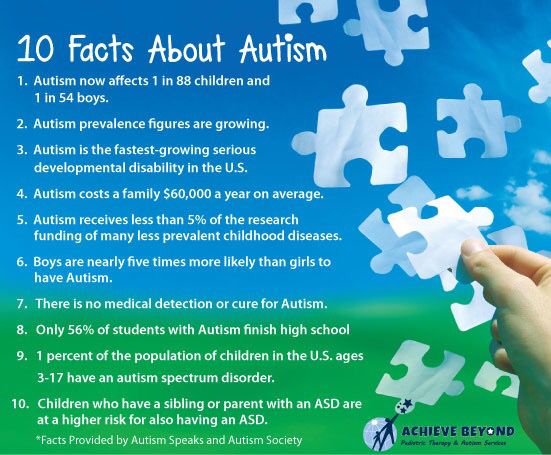 With the help of a toy, a child cannot reproduce the plot seen in life. In the same way, for a girl, a doll is not an image of a little man whom she can put to sleep or feed, but an indifferent object with moving parts. It is also worth paying attention to how the child communicates, whether he can follow the simple instructions of an adult, and concentrate his attention. If parents notice these features, then you need to see a doctor.
With the help of a toy, a child cannot reproduce the plot seen in life. In the same way, for a girl, a doll is not an image of a little man whom she can put to sleep or feed, but an indifferent object with moving parts. It is also worth paying attention to how the child communicates, whether he can follow the simple instructions of an adult, and concentrate his attention. If parents notice these features, then you need to see a doctor.
Is it possible to cure autism or only bring adaptation to life to a certain level? Which doctor to contact in this case?
Any specialist can suspect autism. Suppose the district pediatrician assumes that the child has autism and advises parents to contact a psychiatrist. However, it is important to understand that the final diagnosis may differ from the initial one, and there are other mental disorders besides childhood autism at an early age.
Is child autism treated at the Pediatric University Clinic?
We don’t have a separate department yet, besides, working with an autistic child is a long, often many years, work of a large team of different specialists, including not only doctors, but also correctional teachers, clinical psychologists and their varieties, rehabilitation specialists etc.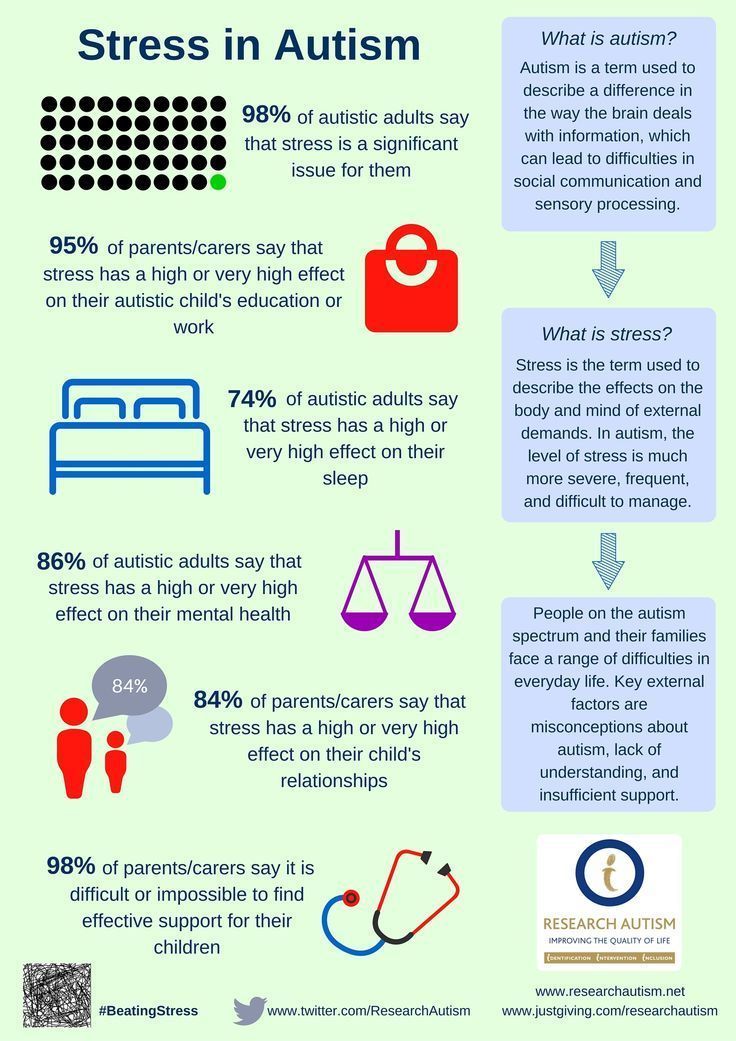 However, we consult such children and their mothers at the stage of early diagnosis, when parents, for various reasons, are not yet ready to go to official psychiatric institutions. Thus, difficult and doubtful diagnostic cases are solved, the very first recommendations are given. For example, I receive at the Multidisciplinary Center, Vera Vladimirovna Pozdnyak takes at the Consultative and Diagnostic Center. We provide primary care to these children. We give advice on how to treat a possible disease in a child, how to behave with such children and what options for drug therapy exist. Most moms walk away grateful as they get answers to questions that have haunted them for a long time.
However, we consult such children and their mothers at the stage of early diagnosis, when parents, for various reasons, are not yet ready to go to official psychiatric institutions. Thus, difficult and doubtful diagnostic cases are solved, the very first recommendations are given. For example, I receive at the Multidisciplinary Center, Vera Vladimirovna Pozdnyak takes at the Consultative and Diagnostic Center. We provide primary care to these children. We give advice on how to treat a possible disease in a child, how to behave with such children and what options for drug therapy exist. Most moms walk away grateful as they get answers to questions that have haunted them for a long time.
As for treatment, we do not provide it. In addition, parents, faced with the problem of autism, must understand that it is impossible to completely cure it, and they will have to accept that throughout their life the child will be special, unlike all others. There has never been such a case that the same classic autism ended in complete adaptation in society, even if the child at some stage was able to master the profession. Although it is believed that with age the diagnosis of "autism" cannot be reconsidered for a child, but most of the actual "autistic" traits disappear on their own over time. And already at the age of 6-7, other problems related to behavior, underdevelopment of abstract concepts, misunderstanding of the context of communication, i.e. purely intellectual difficulties, come to the fore. In the future, parents will need to adapt the child to life with what is, including special requirements for the learning process. At home, you should also follow a special system of rules developed individually for a particular child.
Although it is believed that with age the diagnosis of "autism" cannot be reconsidered for a child, but most of the actual "autistic" traits disappear on their own over time. And already at the age of 6-7, other problems related to behavior, underdevelopment of abstract concepts, misunderstanding of the context of communication, i.e. purely intellectual difficulties, come to the fore. In the future, parents will need to adapt the child to life with what is, including special requirements for the learning process. At home, you should also follow a special system of rules developed individually for a particular child.
How can parents help their child cope with autism? Can you give any recommendations for them?
From our point of view, the most important recommendation is to understand the child's abilities from the very beginning, not to do too much and not to set too high goals. The biggest conflict arises precisely when parents are faced with a contradiction between the real abilities of the child and their own ambitions for him.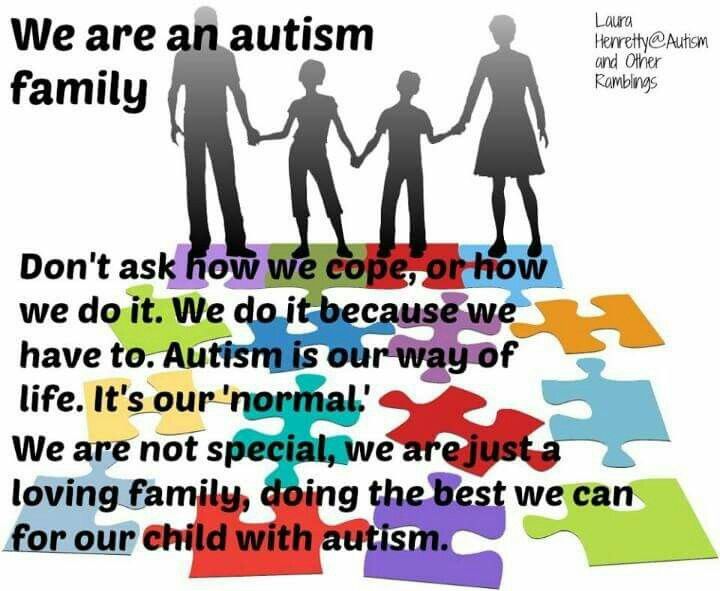 And everything negative that can happen later - protests, disobedience, experiencing disappointment and despair - all this comes precisely from this conflict.
And everything negative that can happen later - protests, disobedience, experiencing disappointment and despair - all this comes precisely from this conflict.
The main principle for parents is to gain a sense of confidence as a caregiver and get rid of excessive feelings of guilt. You need to know that an autistic child is very sensitive to the internal state of his parents, easily reacts to their anxiety, confusion. With regard to mental development, one should be prepared for the fact that it will take a long time to achieve success, even small ones. It does not happen that a child falls asleep with one person and wakes up with another person.
Another common mistake is the opinion that the most important thing for a child is to learn to talk. This is not true. If speech does not appear on its own, then there are objective reasons for this. As soon as the prerequisites for pronouncing words are formed, the child will begin to speak independently without our help. Therefore, you should not artificially try to accelerate the development of such a child.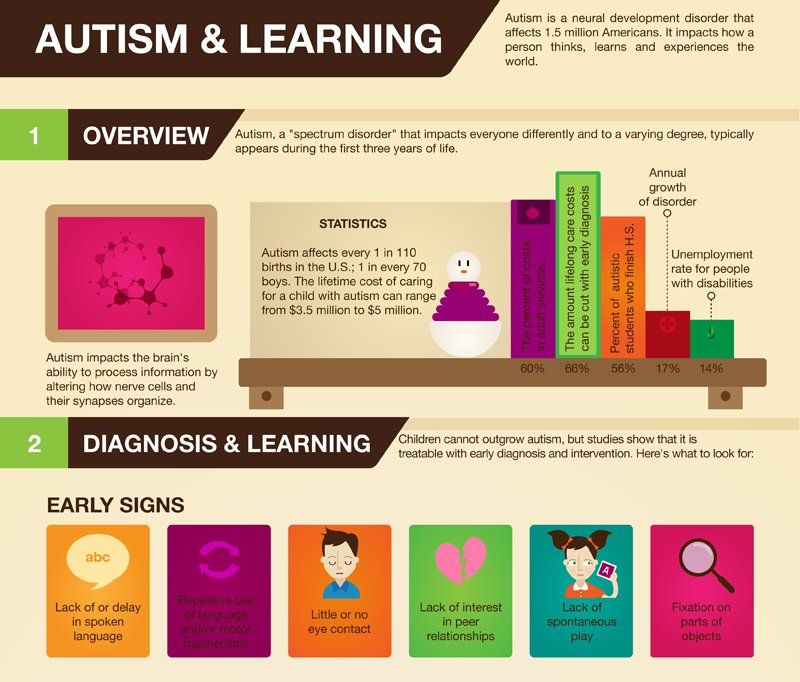
Is it possible to say that modern communication devices, computers, gadgets, mobile phones can develop autism in a child? And do they somehow affect children who have already been diagnosed with this disease? (Can modern technology help to socialize or, on the contrary, contribute to the fact that the child withdraws more and more into himself?)
In autism, this is neither good nor bad. There can be no universal recommendation here, everything is individual. It is important for a mother to understand whether her child is now ready to master society or whether she still needs to wait, subsequently carefully “grafting” him to life. Here the advice of a defectologist, a psychiatrist will help. True, very often the mothers of such children are guided only by their own opinion, without accepting someone else's help. This happens if their relatives betrayed them, the father left, the grandparents did not accept the child, and the mother is left alone with the problem.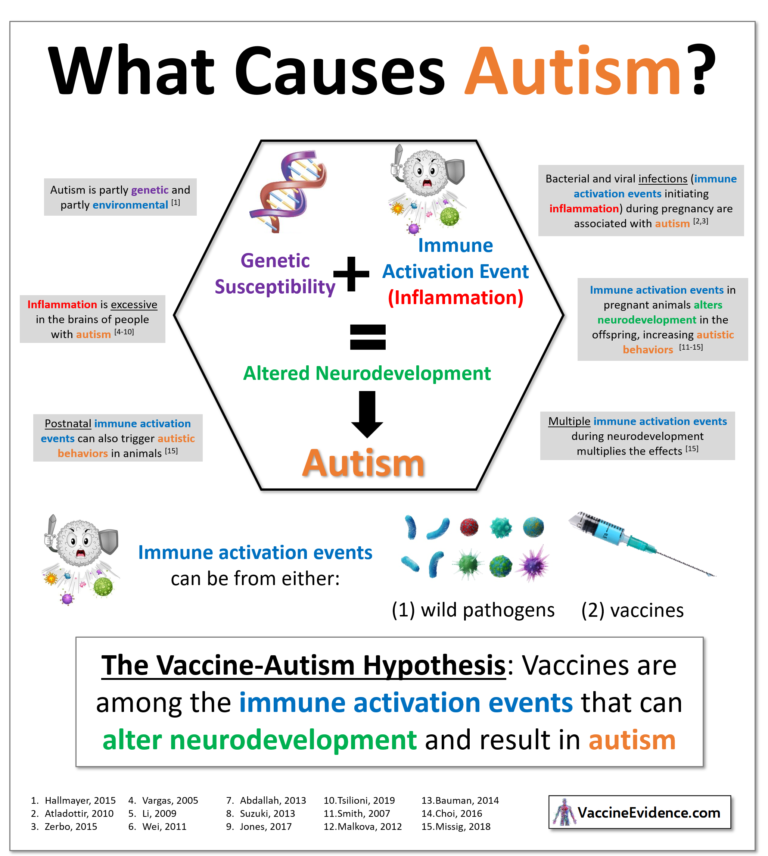
Why is autism thought to be more common in boys? And why is it more characteristic of them?
Indeed, this is a fundamental fact. And childhood autism is not the only example. A lot of mental disorders occur more often in boys. Why this is so is hard to say. There are many hypotheses for this, but an exhaustive explanation has not yet been received.
Maybe there is some relationship between the mother's condition during pregnancy and the child's subsequently diagnosed autistic disorder? Is it possible to somehow predict the birth of a child with autism? What are the medical reasons?
Mothers often ask me: “Tell me, please, where, at what stage did I make a mistake? What did I do wrong? Unfortunately, despite the fact that we live in the 21st century, there are no prerequisites to predict the birth of such a child. With the exception of the examination of the amniotic fluid for gross genetic anomalies.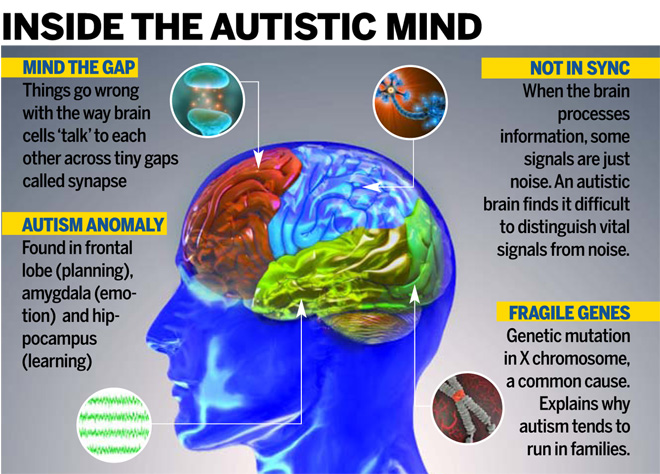 If this is observed, then we can say with a high degree of probability that a clinical picture of autism should be expected here. In all other cases, it is difficult to predict anything. There is no data for this.
If this is observed, then we can say with a high degree of probability that a clinical picture of autism should be expected here. In all other cases, it is difficult to predict anything. There is no data for this.
Is it true that autism is more common in children today than it was 10, 20, 30 years ago?
It is believed that the number of children with autism has not increased, diagnostics have improved. This happened due to the spread of information about autism and its manifestations. As a result, parents began to pay more attention to what they had not noticed before. And, as a result, the number of visits to doctors for the purpose of making a diagnosis has increased. What used to cause confusion and misunderstanding in parents, now prompts a search for answers in specialized literature, the Internet. As a result, the symptoms of autism began to be detected more often and at an earlier age. And here there is another extreme - the emerging trend towards overdiagnosis of this disorder. A special term has even appeared - autism spectrum disorders, the role of which is seen in drawing more attention of parents to any symptoms of deviant development, closely or remotely resembling childhood autism, in order to promptly apply for practical assistance.
A special term has even appeared - autism spectrum disorders, the role of which is seen in drawing more attention of parents to any symptoms of deviant development, closely or remotely resembling childhood autism, in order to promptly apply for practical assistance.
Can an autistic child go to a regular school, or is it better to send him to a special school?
There are inclusive types of education that allow such children to study in a public school. A group of 3-4 such children is recruited, and most of the time they study with a separate teacher. Periodically, the teacher selectively leads, as far as possible, such children to classes with healthy children. But the need for such classes must be considered individually. All possible consequences should be taken into account. For example, in practice, children with autism are not very physically healthy, they are characterized by weak immunity - this increases their risk of getting respiratory and other infectious diseases, which usually occur in a more severe form in children with autism.